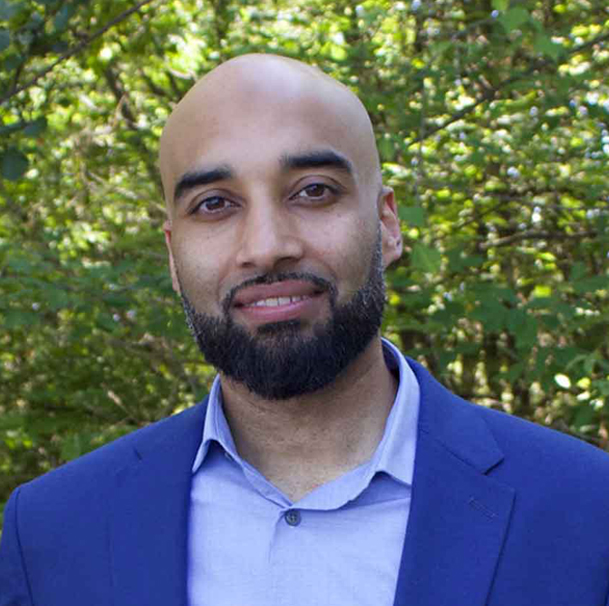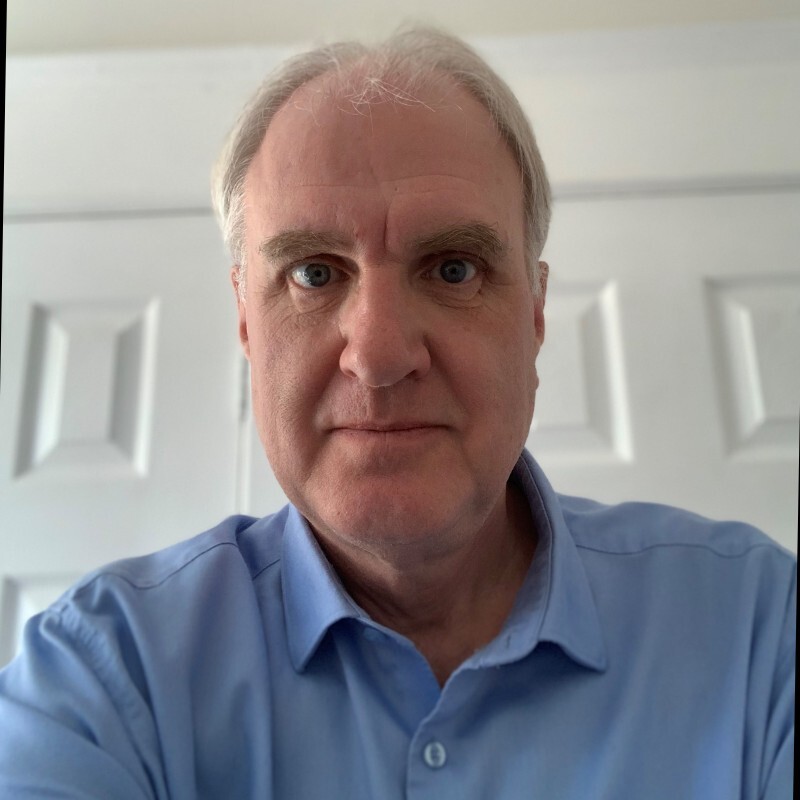

David Thomas has had a front-row seat to the explosive growth in the field of workplace investigations.
As the program lawyer for Osgoode’s Certificate in Human Resources Law for HR Professionals, he was part of the team that allocated an afternoon session to the subject on the five-day program.
Over the years, interest in the subject ballooned, driven by a series of legislative changes in Ontario and other jurisdictions that mandate workplace investigations in certain circumstances.
In the meantime, the workplace investigation portion of the HR Certificate program expanded to fill a whole day of content, before Osgoode decided to create an entirely new program to meet demand: the Advanced Certificate in Workplace Investigations.
“This topic has mushroomed significantly and there are a lot of lawyers and other professionals out there who are thinking about getting involved. But you can’t just walk into it; it’s nuanced, it’s difficult and there’s a lot to learn,” Thomas says. “We set out to have this skills-rich, practical, high-level program and that’s what we’ve got.”
First offered in 2021, the four-day Advanced Certificate recently wrapped up its eighth edition, giving participants with previous experience in workplace investigations a unique opportunity to boost their skills in the area. Program Director Lauren Bernardi says the idea is to fill any gaps left by introductory workplace investigation courses.
“When we first conceived of the advanced program, we got the faculty together to identify where we felt people needed a little more enhanced knowledge and skills development,” says Bernardi, a workplace investigator and Managing Partner at Bernardi Human Resources Law LLP in Mississauga.
“It’s not just about the law. We also touch on the psychology of how people interact with each other and the cognitive biases that parties might bring to their workplaces, as well as our own biases and how to overcome them,” she adds.
Bernardi’s colleague and co-Program Director Suhaib Ibrahim says the specialized nature of the program gives them a little more flexibility to shake up its content and guest speaker list.
“We’re really good about keeping up to date with new trends, so it’s not just rinse-and-repeat every time. We try to look at how laws are changing, how the practice is changing and what’s hot in the workplace,” says Ibrahim, who is also a lawyer and workplace investigator at Bernardi’s firm.
For example, the most recent program took deep dives into the issues of “mobbing” – an emerging subset of workplace bullying characterized by allegations of group harassment – and how workplace investigators can take a “trauma-informed” approach to their work.
“Investigations don’t operate in a vacuum and this is very much about reacting to what’s happening in the world,” Bernardi says.
The bedrock of the program is a simulated client experience, developed with the assistance of legal education pioneer Paul Maharg.
Taking place on the third day of the program, this sees participants put their earlier learning into action, conducting workplace investigation interviews with subjects who are specially trained in specific workplace scenarios. Workplace investigators then receive personalized feedback on their interview style from the simulated client, as well as program faculty, based on specified criteria.
“It’s effectively a how-to guide for conducting an effective and legally sound workplace interview,” Bernardi says.
Throughout the program, faculty are focussed on maximizing interaction, making extensive use of breakout rooms, case studies and practical exercises to fully explore topics.
“Participants get as much learning from each other as they do from the instructors, because they’re all experienced investigators. It’s a chance to sit and share ideas,” Bernardi says.
Having launched as an online program out of necessity during the Covid-19 pandemic, Thomas says Osgoode decided to continue offering the Advanced Certificate in Workplace Investigations virtually to allow attendance by participants from across the country.
“It also reflects the reality of practice for workplace investigators, because they are still doing almost all their interviews online,” Thomas adds.
Most of the workplace investigators attending the Advanced Certificate are typically lawyers, but previous editions have featured human resources professionals, union representatives, police officers and ombudsman office staff, among others, with each class size capped at 40.
“We typically have waitlists that are bigger than the class, but we cap the numbers so that we can encourage the level of dialogue and engagement that is so important to the learning experience,” Thomas says.
“I love being a part of it,” Bernardi adds. “A flawed investigation can be very harmful to the people who are part of the process, and we want to ensure that investigations are being done well, so that we can get to the truth.”
Want to learn more about the Osgoode Advanced Certificate in Workplace Investigations?

Lauren Bernardi – Bernardi Human Resource Law LLP
Program co-director of the Osgoode Advanced Certificate in Workplace Investigations

Suhaib Ibrahim – Bernardi Human Resource Law LLP
Program co-director of the Osgoode Advanced Certificate in Workplace Investigations

David Thomas – Program Lawyer of the Osgoode Advanced Certificate in Workplace Investigations

